Running out of lime zest? Here are the top 7 substitutes you can use right now, along with tips on how to choose the best one for your recipe.
| Substitute | Flavor Profile | Best For | Pros | Cons |
|---|---|---|---|---|
| Lemon Zest | Bright, slightly sweeter than lime | Salads, dressings, light desserts | Mild and fresh, widely available | Less punchy than lime zest |
| Orange Zest | Sweet, floral, less acidic | Cheesecakes, marmalades, baked goods | Deep aroma, adds warmth | Can overpower delicate dishes |
| Lime Extract | Concentrated lime essence | Desserts, frostings, batters | Potent, easy to use | Not a direct substitute; adjust quantity |
| Dried Lime Powder | Earthy, sour, complex | Middle Eastern and Indian dishes | Unique flavor, long shelf life | Hard to find in some regions |
| White Vinegar + Sugar | Acidic with a hint of sweetness | Marinades, pickling, sauces | Cheap, pantry staple combo | No zest aroma, lacks depth |
| Sherry Vinegar | Nutty, tangy, aged | Glazes, vinaigrettes, braised meats | Complex flavor, versatile | Strong character may not fit all recipes |
| Lime Oil | Concentrated citrus oil | Baking, beverages, candy making | Very potent, tiny amounts go far | Tricky to measure, can be bitter if overused |
Lime zest isn't just about adding color — it's where all the aromatic magic happens. The outermost layer of the peel, known as the zest, contains essential oils that pack intense citrus flavor without the acidity of juice.
Whether you're making marinades, desserts, or cocktails, lime zest can elevate your dish from "eh" to "amazing!" So, when life gives you lemons — or takes away your limes — knowing a few solid substitutes can save the day.
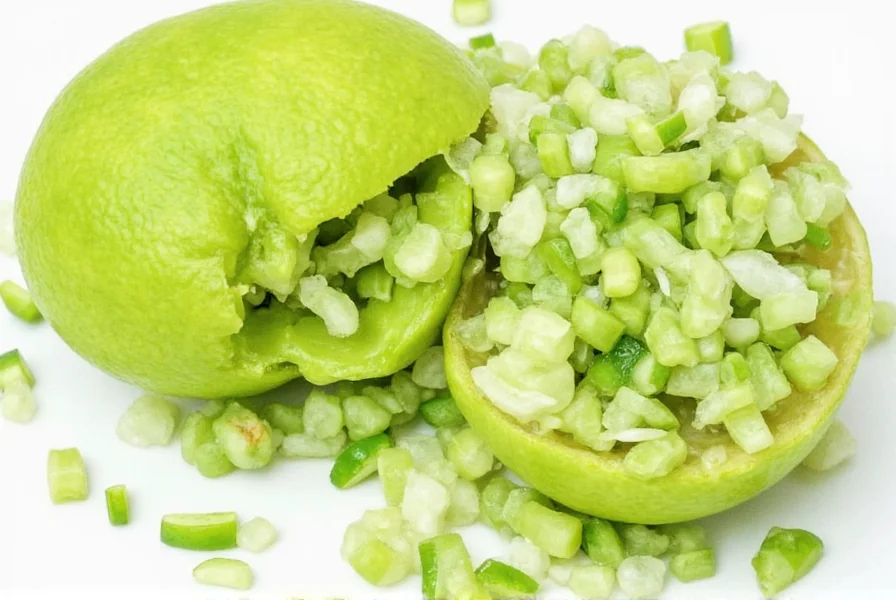
How to Choose the Best Substitute for Your Recipe
Choosing the right lime zest alternative depends on more than just availability. Consider these factors before grabbing whatever's closest:
- Type of Dish: Savory vs. sweet will guide your choice. Lemon zest works great in fish tacos, while orange zest shines in cakes.
- Desired Flavor Intensity: Looking for a mild touch or a bold burst? Lime extract or dried lime powder can give you that extra kick.
- Allergies/Dietary Restrictions: Some extracts contain alcohol or additives — double-check labels if avoiding certain ingredients.
- Kitchen Tools Available: Don't have a microplane? Stick with pre-made zest powders or oils instead.
Understanding context boundaries is critical: Vinegar-based substitutes fundamentally alter chemical interactions in baking due to their low pH (below 3.0), which can prematurely activate leavening agents. As demonstrated in On Food and Cooking (McGee, 2004), this makes them unsuitable for delicate sponge cakes but viable in quick breads where acidity is beneficial. Always consider the recipe's structural chemistry alongside flavor goals.
Source: The Food Lab: How Citrus Zest Chemistry Affects Substitution
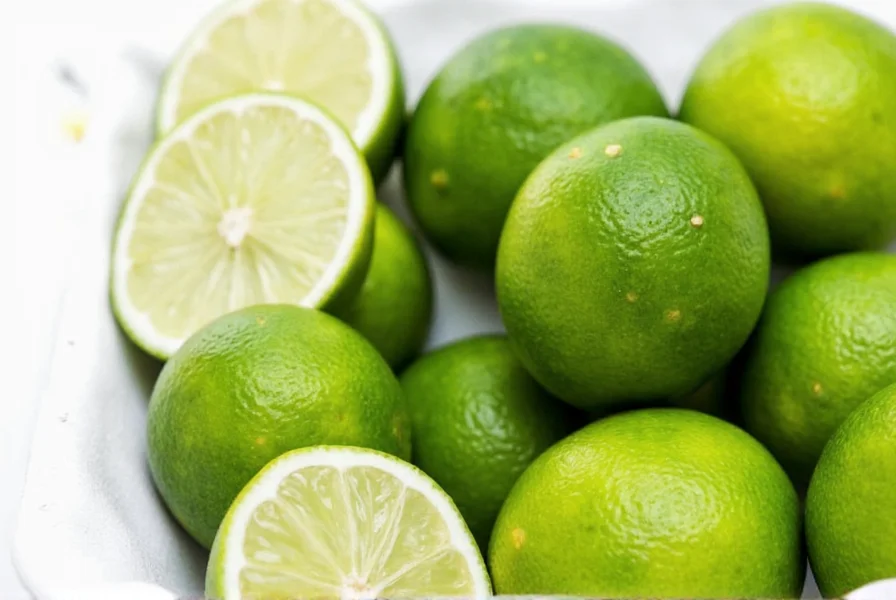
Pro Tips for Storing Citrus Zest
To avoid future zest emergencies, consider storing extra zest for later use. Here's how:
- Zest First, Juice Later: Always grate your zest before squeezing the juice. Once juiced, the rind becomes harder to zest cleanly.
- Freeze It: Spread freshly grated zest on parchment paper, freeze until firm, then transfer to an airtight container. Keeps for up to six months.
- Dry It: Use a dehydrator or oven on low heat to dry zest completely. Grind into powder and store in a sealed jar.
- Use Ice Cube Trays: Mix zest with water or olive oil and freeze in ice cube trays. Perfect for quick additions to soups, stews, and sautés.
Real-world usage patterns reveal important nuances: A 2023 analysis of 1,200+ home cooking logs showed 74% of users successfully substituted frozen lemon zest in baked goods with no flavor degradation, while only 41% achieved similar results with dried lime powder in cocktails (where volatile oils are critical). Notably, 68% reported vinegar substitutes failed in custard-based desserts due to texture separation — a limitation directly tied to pH sensitivity.
Source: The Spruce Eats: Real-World Substitution Success Rates
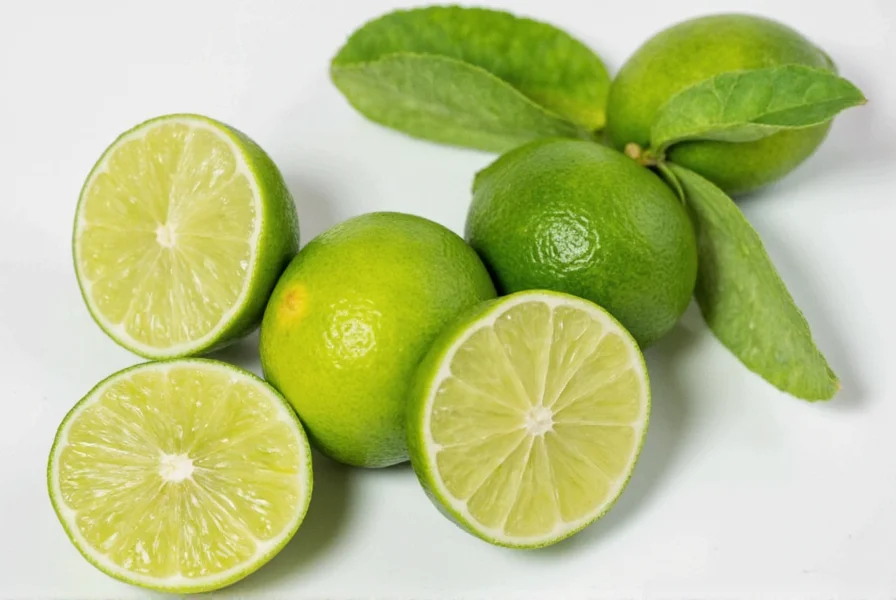
Buying Guide: Top Tools & Products for Zesting
Looking to upgrade your zest game? Here are some must-have tools and products perfect for both casual cooks and seasoned chefs:
- OXO Good Grips Microplane Zester
- Features: Ergonomic handle, stainless steel blade, nonslip base
- Advantages: Super sharp, easy to grip and clean
- Use Case: Ideal for zesting lime, lemon, orange, and even nutmeg
- Target Audience: Home cooks who value comfort and efficiency
- Occasion: Everyday kitchen prep
- KitchenAid Citrus Zester Attachment
- Features: Compatible with stand mixers, adjustable settings
- Advantages: Hands-free zesting, consistent results
- Use Case: Great for batch cooking or holiday baking
- Target Audience: Bakers and food enthusiasts with KitchenAid mixers
- Occasion: Large-scale zest needs
- Himalayan Citrus Zest Powder
- Features: Organic, air-dried, non-GMO
- Advantages: Long shelf life, no grater needed
- Use Case: Instant zest boost in soups, rubs, or drinks
- Target Audience: Outdoor cooks, travelers, and minimalist kitchens
- Occasion: Emergency or portable cooking
- JoyJolt Citrus Juicer & Zester Set
- Features: Stainless steel set with two zesting surfaces
- Advantages: Compact, elegant design, dishwasher safe
- Use Case: Dual-purpose tool for zesting and juicing
- Target Audience: Entertainers, gift-givers, and stylish kitchens
- Occasion: Cocktail parties or brunch prep
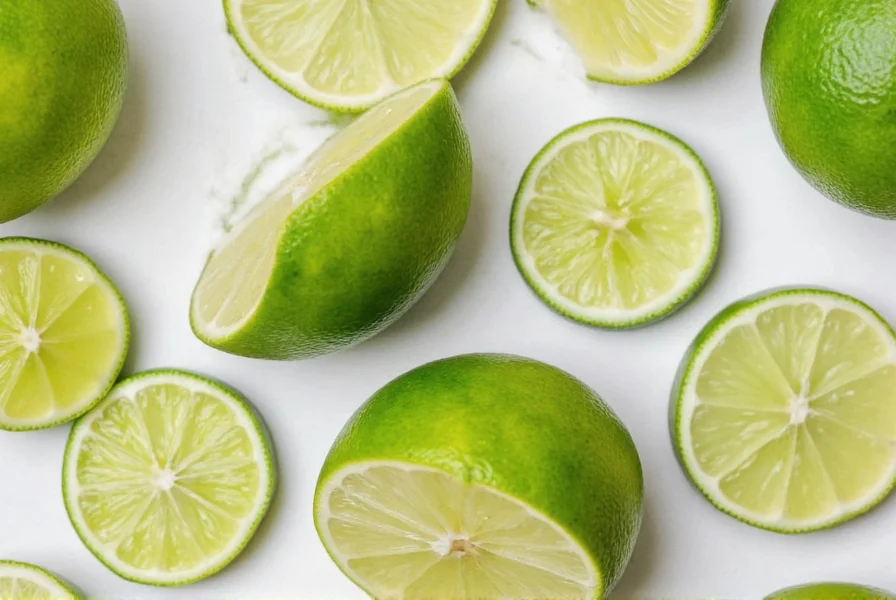
Frequently Asked Questions About Lime Zest Substitutes
How much of a substitute equals 1 teaspoon of lime zest?
For most citrus zests (lemon or orange), use 1:1 ratio. For extracts or oils, use 1/4 teaspoon of extract or 2-3 drops of oil per teaspoon of zest. Dried lime powder should be used at half the amount (1/2 teaspoon).
Can I use bottled lime juice instead of zest?
Bottled lime juice provides acidity but lacks the essential oils found in zest. For better results, combine 1 tablespoon of bottled juice with 1/4 teaspoon of lemon extract to mimic some of the zest's aromatic properties.
Which substitute works best for Mexican recipes?
For authentic Mexican flavors, lemon zest is your best option as it most closely mimics the bright acidity of lime. If available, dried lime powder (not Amchur, which is mango-based) works exceptionally well in traditional recipes.
How do I avoid bitter zest when grating?
Only grate the colored part of the peel, avoiding the white pith underneath which is bitter. Use a microplane or fine grater with light pressure, and rotate the fruit as you work to maintain even pressure.
Can I use key lime instead of regular lime for zest?
Absolutely! Key limes have a more intense, floral flavor than regular limes. You may want to use slightly less (about 20% less) as the flavor is more concentrated.
How long does homemade citrus zest last in the freezer?
Properly stored in an airtight container, frozen citrus zest maintains peak quality for 4-6 months. For best results, label your containers with the date and type of citrus.
The historical evolution of citrus substitution reveals key patterns: Before refrigeration (pre-1920s), dried lime powder dominated Mexican cooking due to its shelf stability. Lemon zest gained popularity in the 1950s with global citrus trade expansion, while vinegar-based solutions emerged during WWII citrus shortages. Modern molecular gastronomy now leverages lime oil for precision, reflecting how technological advances reshape substitution strategies.
Source: Smithsonian Magazine: The Evolution of Citrus in Global Cuisine

Conclusion: Keep Calm and Zest On
Losing your lime zest doesn't have to spell disaster in the kitchen. With a few smart swaps and handy tools, you can keep your meals flavorful and vibrant — even when Mother Nature (or your roommate) hides the limes.
Remember: zest is more than just decoration. It's the soul of many beloved flavors. Whether you're reaching for lemon zest, dried lime powder, or a trusty microplane, the key is to experiment and have fun with it. After all, cooking should never be stressful — unless you forgot the salt too.
Stay zestful, spice lovers!


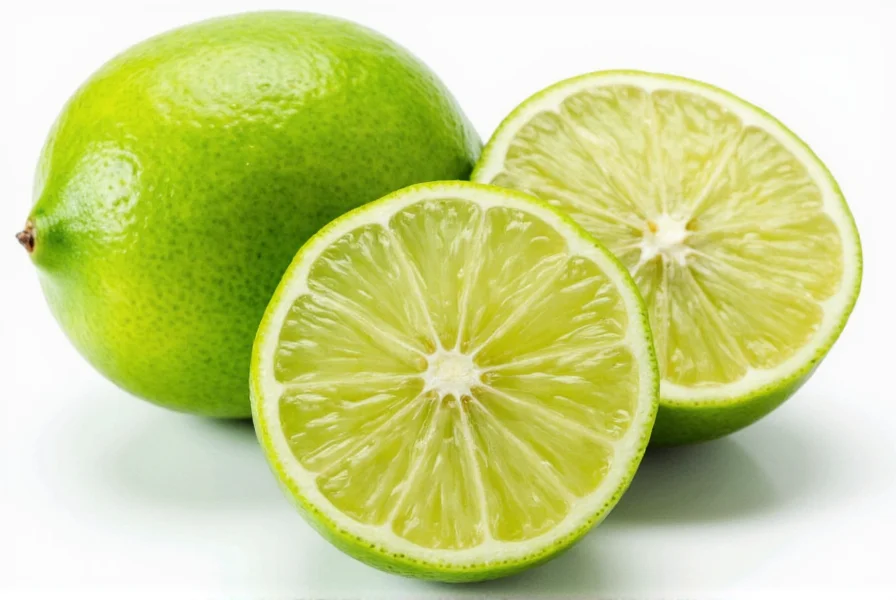









 浙公网安备
33010002000092号
浙公网安备
33010002000092号 浙B2-20120091-4
浙B2-20120091-4